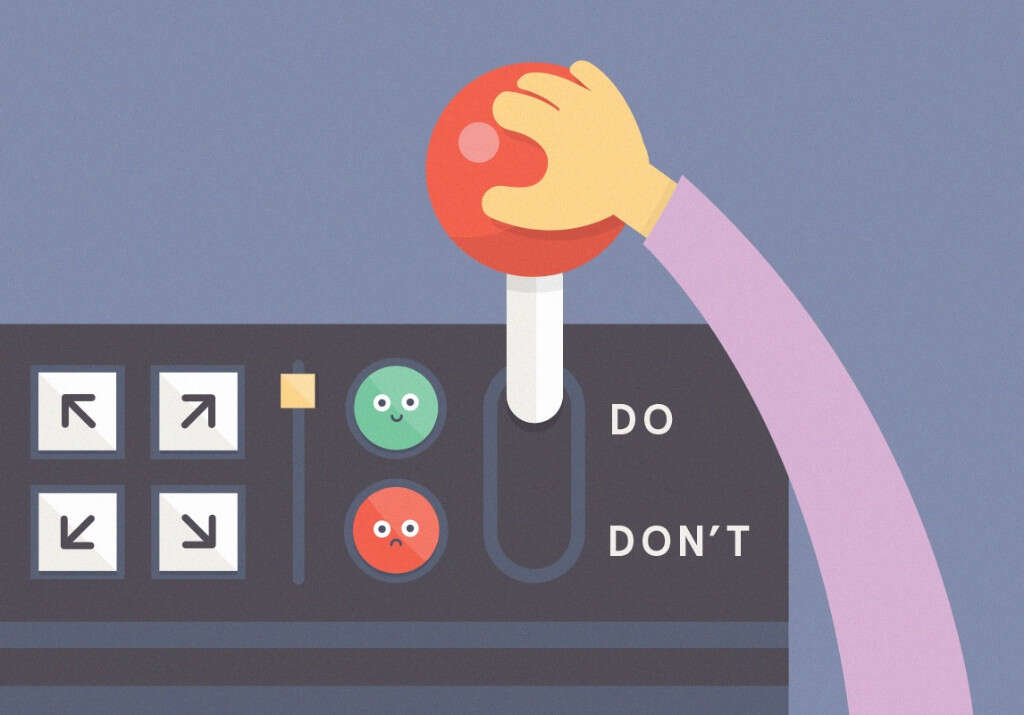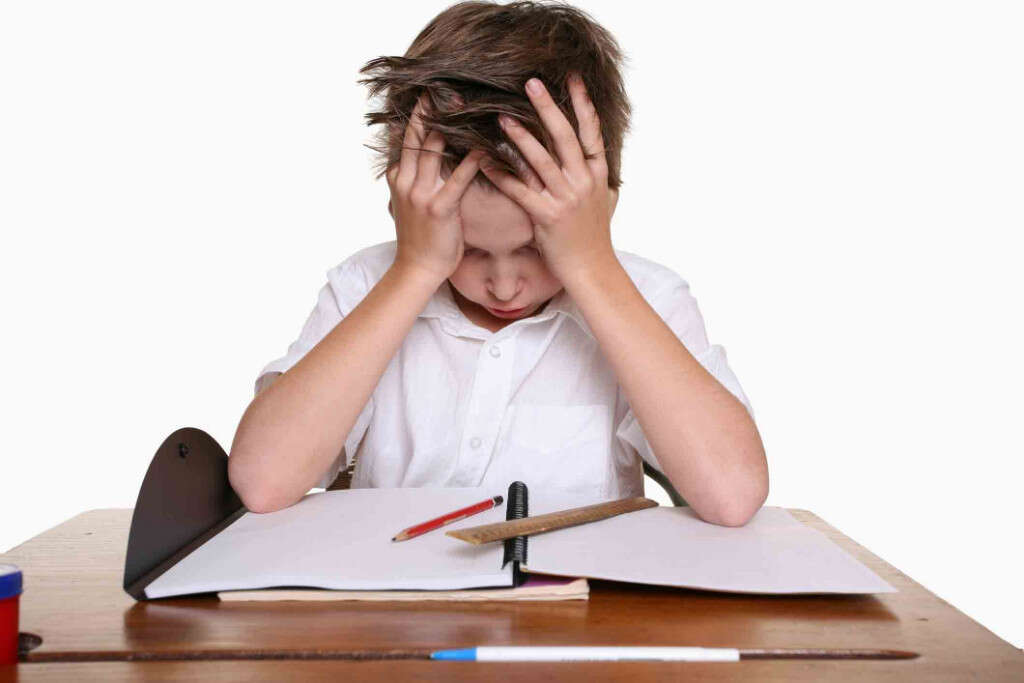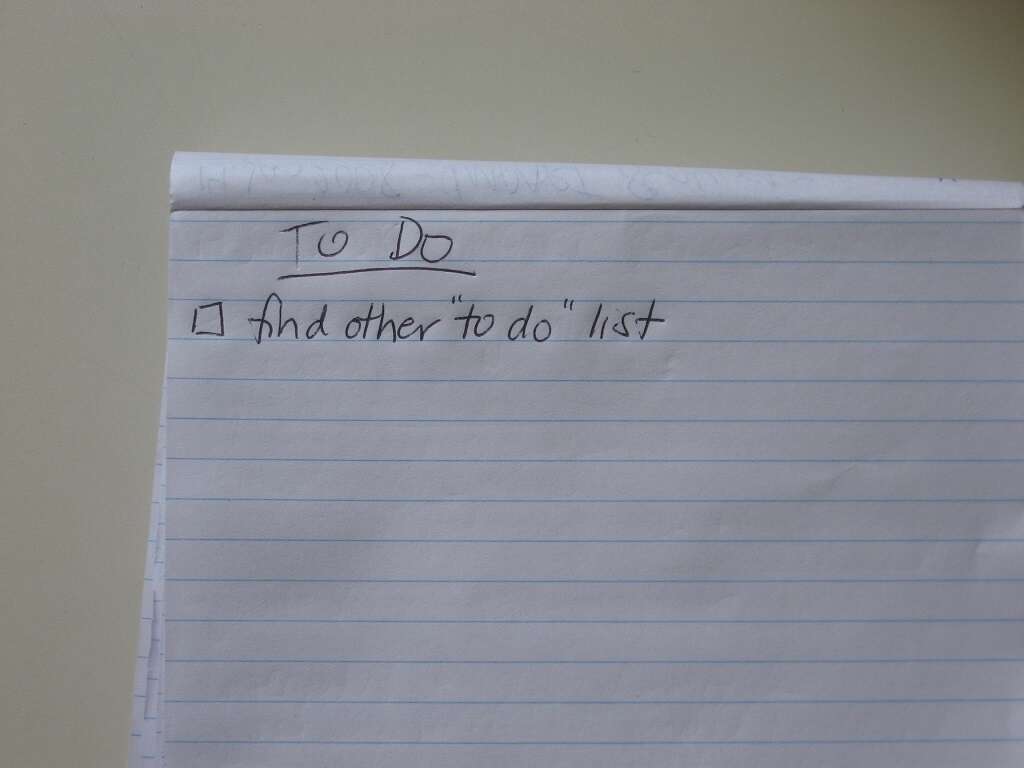10 Signs of ADHD
ADHD, which stands for attention deficit hyperactivity disorder begins in childhood and usually continues into adulthood. ADHD is more common in boys than in girls. ADHD is a mental disorder that causes children to be abnormally active such that they are not in control of what they do and are therefore unable to focus their energies and actions. As a result, it is difficult for children with ADHD to handle normal schooling or home life. If they slip through school undiagnosed, ADHD characteristics may negatively affect their social and professional lives.
Incidentally, the suspicion that a child has ADHD arises when they join school. This happens because these children cannot perform simple school activities at the same level as their peers. In adulthood, people with ADHD may find it difficult to organize their lives, including difficulty to do their jobs, manage their time, or maintain relationships. Below are the most common signs of ADHD:
ADHD Sign #1: Short Attention Span
As the name suggests, one of the signs of ADHD is lack of attention. A child with the disorder has a very short attention span. This means that even as you lay out a task for the child to carry out, you may notice that the child is not even listening. If the child seems to listen to instructions, they may start doing something that is totally unrelated to the task at hand.
The child may also appear lost in thought and forget simple instructions. For these reasons, the teacher or instructor may find it difficult to cope with the kid. In fact, to the untrained mind, the child may seem to be naughty or rude.
ADHD Sign #2: Impulsive Behavior
Kids with ADHD have excessively impulsive behavior patterns. This means that they can do practically anything that crosses their minds. This can explain why they are poor in taking instructions or focusing on any one thing. It is as if they can only do what is in their minds at any time. This keeps changing and the child picks the new impulse and acts accordingly.
A child with ADHD can do things that are out of place, embarrassing, or even dangerous to them or others. For this reason, it is necessary to always ensure that children with ADHD are under supervision of an adult, preferably one with some understanding of the condition.

ADHD Sign #3: Hyperactivity
ADHD causes children to be full of energy such that they can rarely keep calm. This is probably the reason why, while they are hyperactive, they are unable to maintain attention on any one thing. The energy and impulsiveness seem to lead to continuous, unfocused activities. These include jumping and running around, or even harassing other children or adults.
In this state, it can be difficult for a child to stick to any one activity. This is especially the case when such an activity appears boring because it does not present the excitement of impulse and extraneous physical action. In adults, this energy may be subdued. But because it is still there, adults with ADHD may feel overly restless and may search for activities into which to channel it like taking drugs or alcohol.
ADHD Sign #4: Low Self-Esteem
Low self-esteem is a common sign of ADHD in both children and adults. If diagnosis of ADHD is not done during childhood, support will be unlikely and the characteristic will continue into adulthood. Low self-esteem can be very frustrating in adults, especially when they do not know what their problem is. They may feel like the world is against them, which can cause anxiety and even more serious problems like depression.
Low self-esteem may also lead to compensatory behaviors like drinking alcohol or other forms of substance abuse, which may consequently cause financial and relationships problems. If you or a loved one has low self-esteem in addition to some other signs of ADHD, a discussion with a doctor or a counselor would be a good idea.

ADHD Sign #5: Poor Organization
People with ADHD are usually poor organizers. This is probably because their brains don’t like to focus on any one thing for long. As such, they cannot arrange things in a particular order, or carry out activities in a specific sequence. Their surroundings are also likely to look messy and disorganized. Additionally, they are unable to manage their time.
All these signs of ADHD present an image of a person who is not dependable. This may appear to be a valid view if such a person gets a job. Because they are poor in time management and organization of activities, they most probably perform poorly and therefore are unlikely to keep their job.
ADHD Sign #6: Forgetfulness
While it is normal for anyone to experience some degree of forgetfulness, people with ADHD tend to forget a lot more than normal. Of course, to forget some petty details like what you ate for breakfast has little or no consequence. However, it can be frustrating to the individual.
And then again, forgetfulness can have serious consequences. For instance, forgetting the deadline for a job task can affect performance rating. Forgetting the date of a job interview can lead to the loss of an opportunity to get a job. These consequences of forgetfulness can frustrate and cause a person with ADHD to feel hopeless. It can also adversely affect their self-confidence.

ADHD Sign #7: Delayed Language Development
If your child takes longer to develop the ability to communicate verbally, ADHD may be the culprit. ADHD can delay language development. This can make it difficult to understand verbal directions when they are given. As a consequence, a child with ADHD may have reduced interest in listening and instead act impulsively.
In addition, children with the disorder may feel that nobody understands them, which can explain why they seem to ignore instructions and do whatever they please. As with other signs of ADHD, communication problems may lessen as the child matures. However, some communication challenges may remain even in adulthood.
ADHD Sign #8: Procrastination
Procrastination can be a sign of ADHD. For some reason, people with ADHD tend to delay doing something until it is due. This is because their brains work in a different way than other people’s brains. Could this explain why people with the disorder are more impulsive? Probably, yes. Their brains seek instant gratification. As such, they would rather do what they can enjoy right now than struggle to do something whose benefit will only come in the future.
For this reason, the brain focuses on something interesting to do. As a result, it is easy to forget those things whose due date is in the future. Unfortunately, by choosing to do stuff that feels interesting, important matters can pile up until the last minute, which can lead to extreme pressure and stress.

ADHD Sign #9: Substance Abuse
While this is not always the case, alcohol and other substance abuse is a sign of ADHD in older children and adults. This is probably the result of the frustration and stresses that people with the disorder experience. By taking alcohol or other substances, they are trying to cope with their situation.
Multiple studies have found that people with ADHD as children are more likely to abuse alcohol and other drugs later in life. This should serve as a wakeup call for society to not condemn without understanding. People with ADHD need assistance from as early in life as possible so that they can better cope with the disorder.
ADHD Sign #10: Talking Too Much
Talking too much, sometimes annoyingly so, could be a sign of ADHD. Because the disorder starts early in life, if the child is otherwise able to carry on with the other activities such as schooling, it is possible that the excessive talking might not be seen as a sign of a disorder. For this reason, the child may get through childhood and into adulthood with undiagnosed ADHD.
In adulthood, other signs of ADHD such as restlessness, impatience, disorganization, and inability to focus may become noticeable. Expectations for them to fit in may be frustrating and lead to stress, anxiety, or depression. These characteristics may affect their social and professional relationships.











